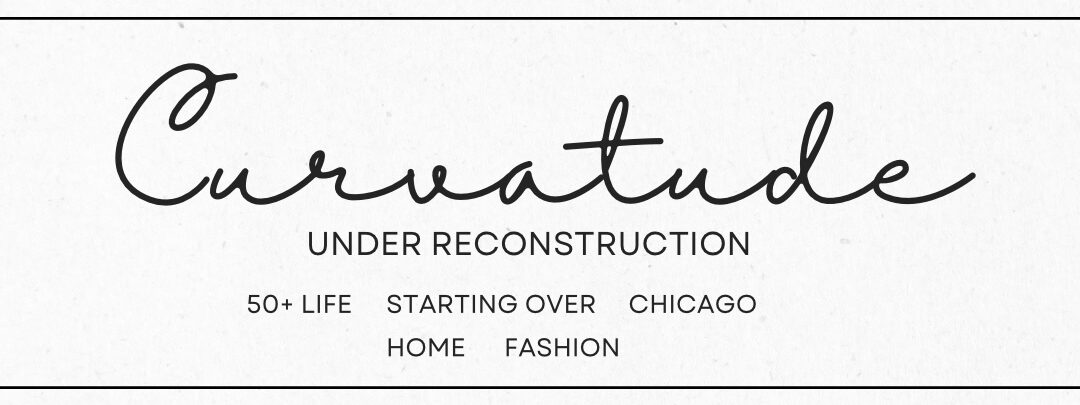31 Days of Breast Cancer Awareness: Male Breast Cancer
It is rarely spoken of and most people probably think that it does not exist because when you see most things related to breast cancer it usually focuses on women.

But male breast cancer does exist and although it makes up less than 1% of all cases of breast cancer, it is usually not detected until it is at an advance stage.
Women have more breast cells than men do, so women are about 100 times more likely to get breast cancer.
This is perhaps due to the fact that women’s breast cells are constantly exposed to the growth promoting effects of female hormones.
But any man especially those between the ages of 60 and 70 can develop breast cancer.
Important distinctions such as breast size and awareness affect early diagnosis and survival in cases of male breast cancer.
Just as in women, breast cancer in men is caused by abnormalities in the cells. In most cases it isn’t clear what triggers abnormal cell growth in the male breast tissue but doctors do know that between 5% and 10% of breast cancers in men are inherited.
Prior to puberty males have a similar amount of breast tissue as females but during puberty and beyond, male hormones produced by the testicles prevent further growth of the breast tissue. The male breast tissue contains ducts but only a few if any lobules.
The most common type of breast cancer found in men is infiltrating ductal carcinoma. It starts in the cells that line the milk ducts in the breast, grows and breaks through the walls of the ducts, invades the fatty tissue of the breast and often spreads to the lymph nodes.
In the past, breast cancer in men was often diagnosed at a more advanced stage, partly because of the belief that it is a “woman’s disease”.
The most recent American Cancer Society estimates for male breast cancer in the United States are for 2011:
About 2,140 new cases of invasive breast cancer will be diagnosed among men
About 450 men will die from breast cancer
There are numerous risk factors and life style choices that are believed to be attributable to all breast cancers but some more so to male breast cancer.
Learn more : Cancer.org
